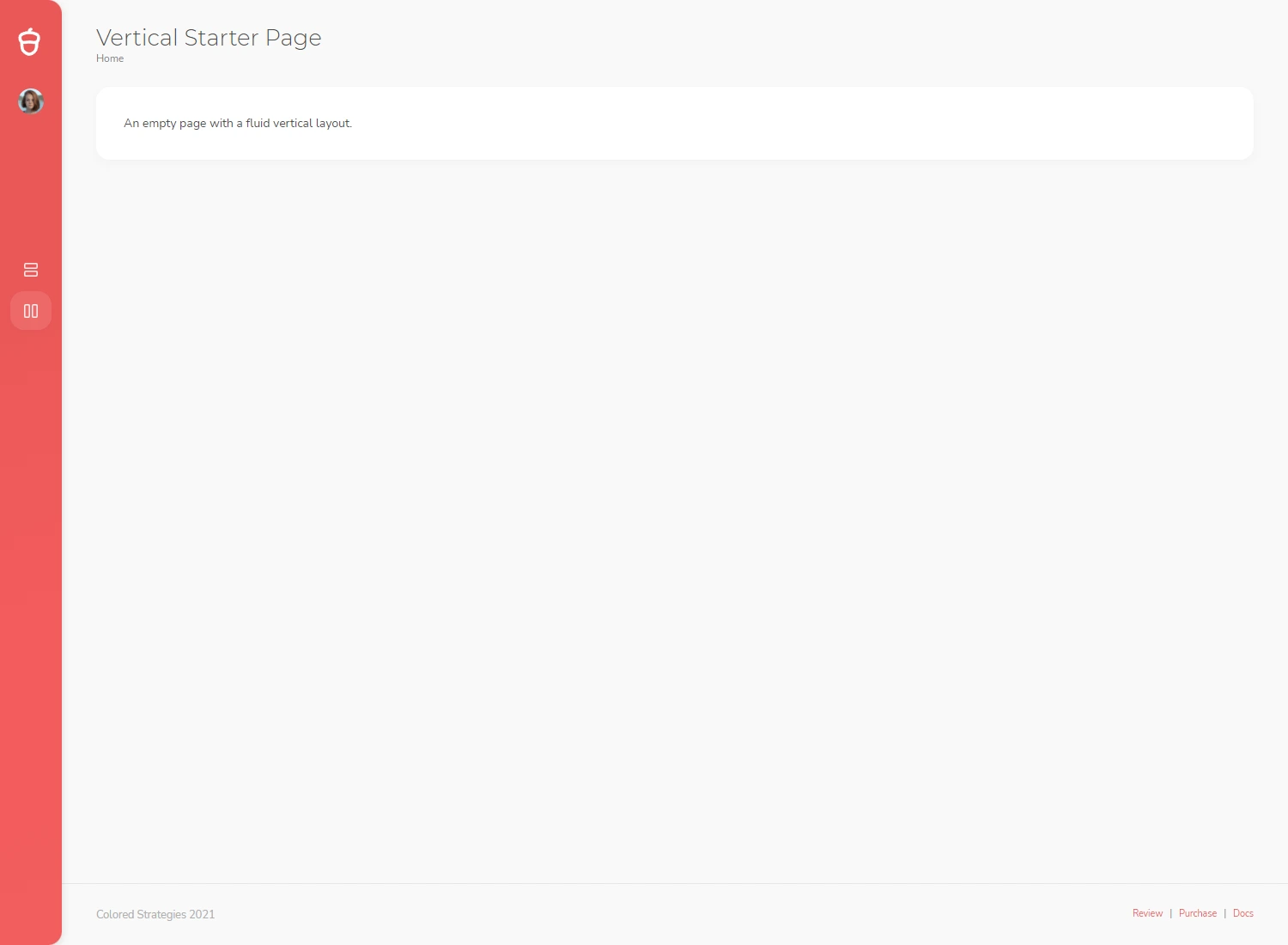The Ongoing Controversy Over the Deputy Speaker Post
What Does the Constitution Say?
The position of Deputy Speaker is enshrined in Article 93 of the Indian Constitution, which states:
"The House of the People shall, as soon as may be, choose two members to be respectively Speaker and Deputy Speaker thereof and, so often as the office of Speaker or Deputy Speaker becomes vacant, the House shall choose another member to be Speaker or Deputy Speaker, as the case may be."
This means that electing a Deputy Speaker is mandatory and should be done as soon as possible after a new Lok Sabha is constituted. However, since the 17th Lok Sabha (2019-2024) and into the 18th Lok Sabha, the government has failed to appoint one, despite repeated requests from Opposition parties.
Why is the Post Important?
The Deputy Speaker holds an important role in parliamentary proceedings:
- Presiding Over the House: When the Speaker is absent, the Deputy Speaker assumes all responsibilities and has the same powers.
- Chairing Committees: The Deputy Speaker oversees important parliamentary committees, including those on budget and private members’ bills.
- Ensuring Legislative Continuity: In the event of a vacancy in the Speaker's position, the Deputy Speaker automatically takes charge under Article 180 of the Constitution.
Since the post remains vacant, a panel of 10 chairpersons is currently handling Speaker duties in his absence—a stopgap arrangement that many argue weakens parliamentary efficiency.
Opposition vs. Government: The Political Stand-Off
Opposition’s Allegations
The Opposition claims that the government deliberately refuses to appoint a Deputy Speaker because of the parliamentary convention that the position is given to an Opposition MP. This has been the established practice in most Lok Sabhas:
- UPA-1 (2004-2009): Charanjit Singh Atwal (Akali Dal, BJP ally) was the Deputy Speaker.
- UPA-2 (2009-2014): Kariya Munda (BJP) was given the post.
- NDA-1 (2014-2019): M. Thambidurai (AIADMK, BJP ally) served as Deputy Speaker.
Since the BJP does not want to give this position to the Opposition, it has instead left the post vacant, the Opposition argues.
Government’s Stand
The government has not given any clear reason for not appointing a Deputy Speaker. However, the Lok Sabha Speaker has stated that the government must initiate the process. Critics argue that this lack of initiative reflects an unwillingness to share power or accommodate Opposition voices in parliamentary leadership.
What Happens Next?
Possible Scenarios
- Government Takes Action: The ruling party may nominate a Deputy Speaker under pressure from the Opposition and constitutional experts.
- Continued Vacancy: The post may remain vacant through the 18th Lok Sabha, setting a troubling precedent for future governments.
- Legal Challenge: A constitutional expert or political party may file a petition in court, arguing that not appointing a Deputy Speaker violates Article 93.
Why This Issue Matters
- Parliamentary Norms: Leaving the post vacant undermines constitutional principles and parliamentary procedures.
- Opposition Marginalization: The absence of a Deputy Speaker limits checks and balances, strengthening the ruling party’s control over parliamentary proceedings.
- Legal Precedent: If no action is taken, future governments may also ignore key parliamentary positions, weakening India’s democracy.
Conclusion
The six-year vacancy of the Deputy Speaker post in the Lok Sabha raises serious constitutional and political concerns. While Article 93 mandates the election of a Deputy Speaker, the government has not initiated the process, leading to allegations of political bias and erosion of parliamentary conventions. As India completes a year of the 18th Lok Sabha, pressure is mounting on the government to follow constitutional norms and appoint a Deputy Speaker. How this issue unfolds will have significant implications for India’s parliamentary democracy.





